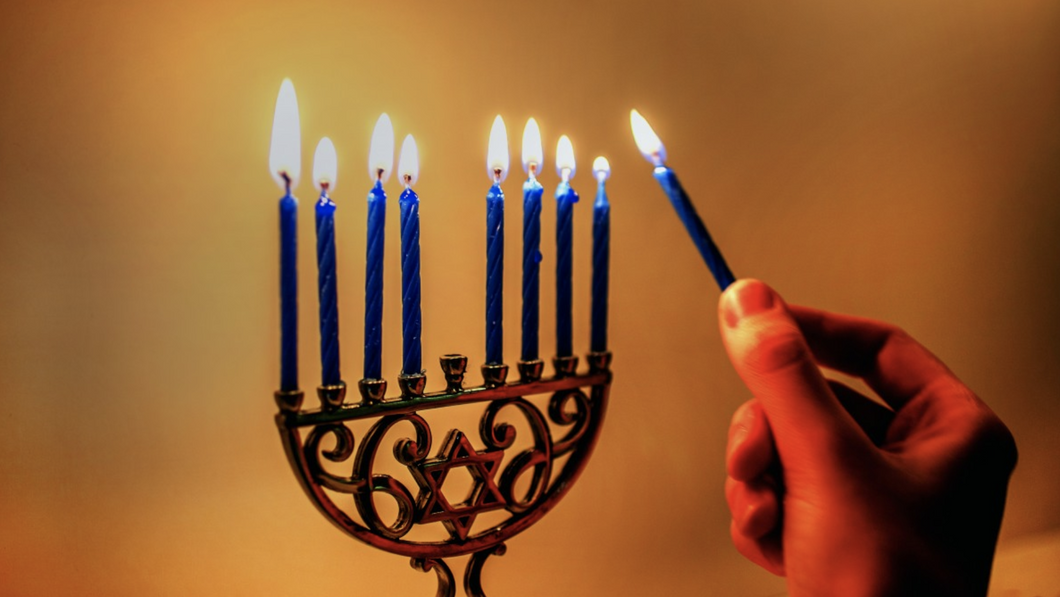Happy Hanukkah! A lot of people don't seem to understand what the holiday entails, resulting in some pretty interesting misconceptions. I am here to debunk them.
1. The Myth: Hanukkah is just like Christmas, but Jewish!

The truth: Hanukkah is nothing like Christmas. It wouldn't make sense for Jewish people to celebrate anything similar to Christmas. Jewish people do not believe that Jesus was the Messiah, so no need to celebrate his birth. The only thing the holidays have in common is the fact that they take place in the winter, that there's some form of lighting involved, and there are special prayers and food.
Recommended for you
With that in mind, wouldn't a number of holidays be "a lot like Christmas?"
Hanukkah is a commemoration of when the Holy Land was ruled by Greeks over 2,000 years ago, who tried to force Jewish people to accept their culture and abandon their own. Despite that, the Jewish people drove the Greeks away from the land and sought to light a menorah, only to find one tiny bit of olive oil. It was only supposed to last one day, but instead lasted for eight days!
Note that Hanukkah is by no means an anti-Greek holiday; it's about celebrating Jewish victory. Tons of Greek Jews exist and they happily celebrate Hanukkah.
2. The Myth: Hanukkah is a major Jewish holiday.
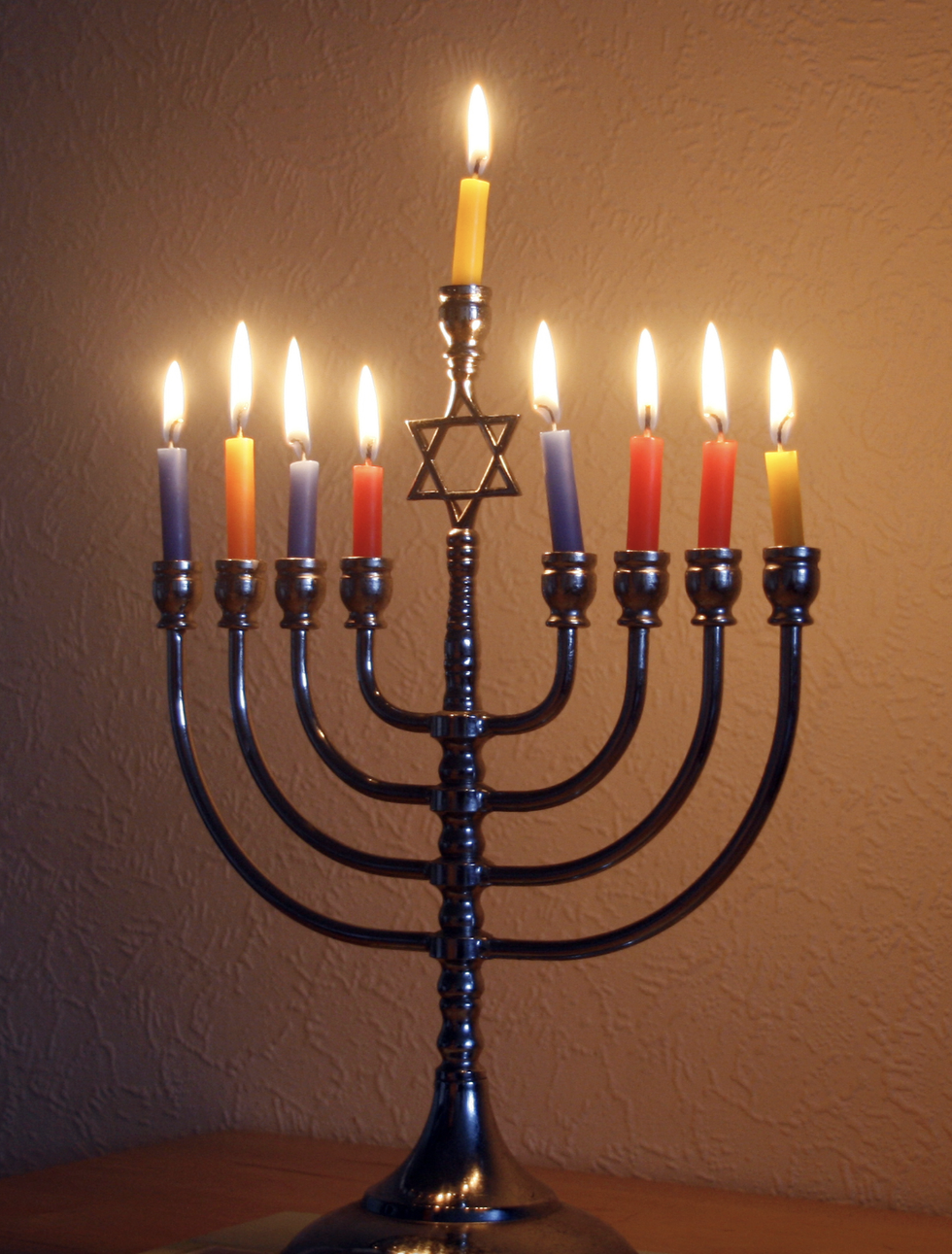
The truth: Not really. Yom Kippur, Passover, and Rosh Hashanah are much more important. That being said, Hanukkah is still an important day. It just is by no means a major holiday like Christmas or Easter is for Christians.
3. The Myth: Jewish children get large amounts of gifts every single night! It's like eight Christmas mornings in a row!
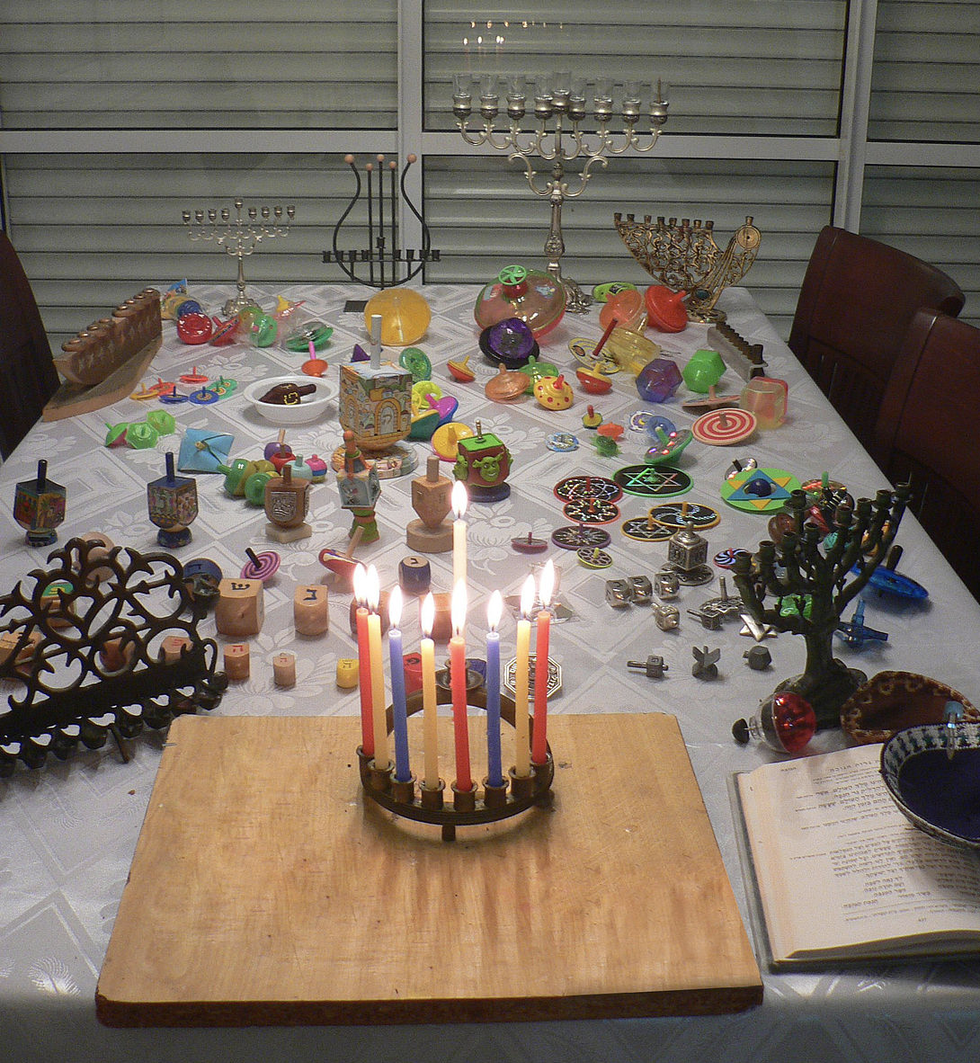
The truth: Nope. Jewish children typically tend to get gelt (chocolate coins and/or real money) and dreidels, but that's it. It isn't a gift-giving holiday, and that's okay! That being said, in Christian-centric countries, the amount of presents given at Hanukkah has increased due to December being Christmastime and a gift-giving season. This is NOT A SIGN of Jewish people "conforming to Christian norms;" it's to prevent kids from feeling left out this time of year.
Even if gift-giving was a commonplace Hanukkah tradition, it still wouldn't be "eight Christmas mornings in a row," unless maybe the Jewish family in question was made up of multimillionaires. Think of how much money and time goes into buying gifts for just ONE Christmas Day! Hanukkah would probably be more like giving out one large amount of gifts spaced over a period of eight days, rather than eight back-to-back days of large amounts of gifts.
4. The Myth: Hanukkah is connected to Christmas.

The truth: Nope, not at all, as I explained in point one. People tend to think the two holidays are connected because they take place around the same time. This begs the question, do you think that New Year's Day and Martin Luther King Day are connected? They both take place in January!
What about Easter and Memorial Day? Sometimes, they're only a bit over a month apart! Thanksgiving Day and Veterans Day both happen in November, so they must have a big connection, right? Wrong!
5. The Myth: Anyone can celebrate Hanukkah!
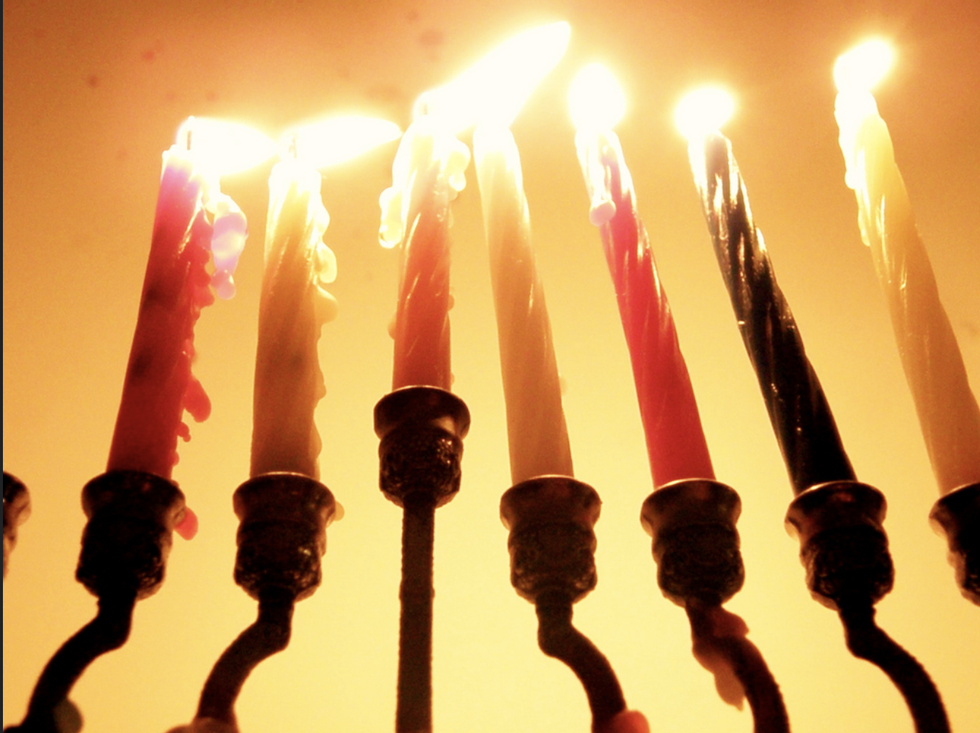
The truth: Hanukkah is a strictly Jewish holiday and it doesn't make sense for gentiles to celebrate it. Now, don't get me wrong; if you're Christian, or Muslim, or Buddhist or something else, and your Jewish friends invite you to partake in their celebrations, that's great and I encourage it!
If you're looking to convert to Judaism and want to celebrate before conversion, even better! What I mean is that there is no point to someone celebrating if they have no connection whatsoever to Judaism. Refer back to my first point, where I explained what Hanukkah celebrates. It's about Jewish people celebrating a holiday for themselves and overcoming assimilation.
There's just no need to celebrate if you're not Jewish, and this is in no way intended to be a rude statement. I mean, have you ever seen people who aren't African-American celebrate Kwanzaa? Have you ever seen a non-Muslim fast for Ramadan?
This misconception comes from the fact that a lot of non-Christians celebrate Christmas and Easter. Christmas and Easter, at least in the U.S., have become cultural holidays so that secular people may want to celebrate them. However, this isn't the case for Hanukkah. Jewish people aren't being mean by saying it's a holiday only for them; it's just facts.
However, if you want to give us latkes despite not being Jewish, I'm sure we wouldn't refuse.
6. The Myth: Dreidel games were invented for Hanukkah only.

The truth: In the 19th century, the Torah had been outlawed. A rabbi decided that Jewish people could play with a dreidel to fool people if someone tried to catch them reading it. They could act as if they were merely gambling rather than practicing their religion.
7. The Myth: There's only one correct way to spell the holiday.

The truth: There's Hanukkah, Hanukah, Chanukah, and Chanukkah. Technically, the correct way is חנוכה, but that may be a struggle for those who don't know Hebrew.
8. The Myth: Hanukkah starts on the same day every year.
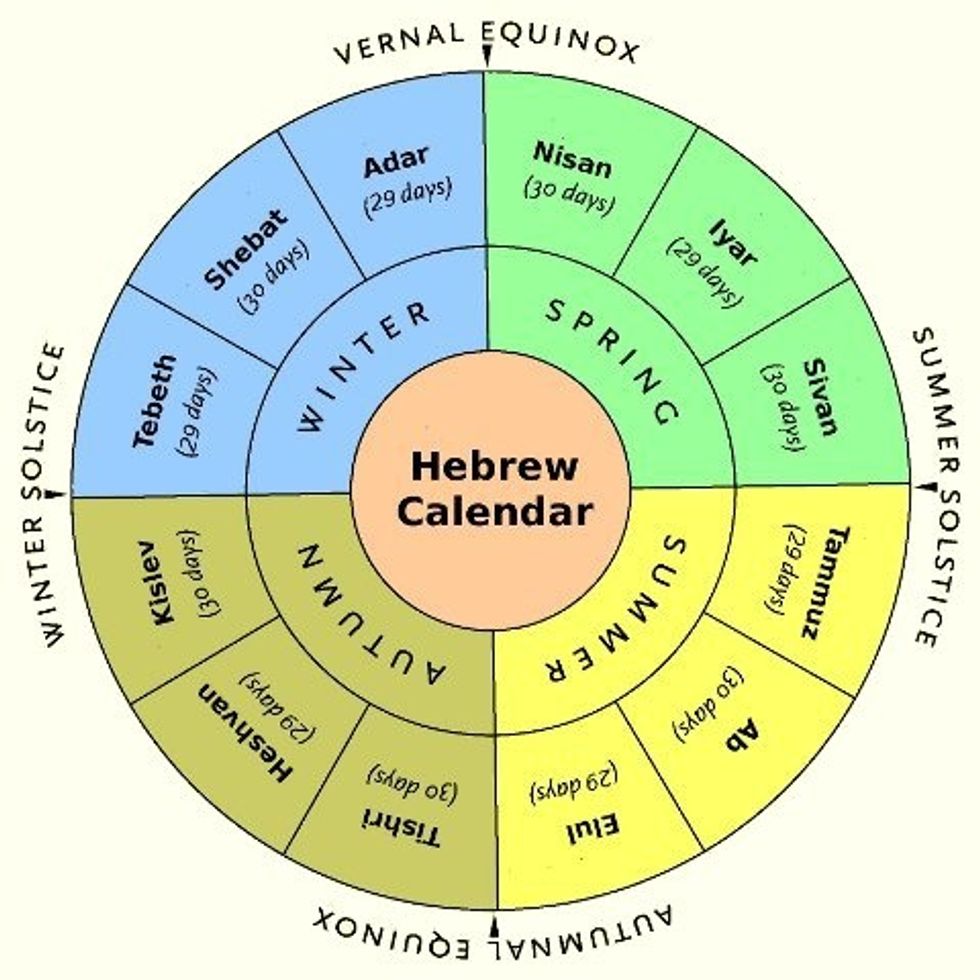
The truth: It doesn't, at least not if you're looking at a Gregorian calendar. On the Hebrew calendar, it DOES start on the same day: the 25th of Kislev. Months on the Hebrew calendar are based on the moon, and due to the ever-changing moon cycle, it'll be on a different Gregorian day every year! Speaking of, Hanukkah always starts at sundown.

